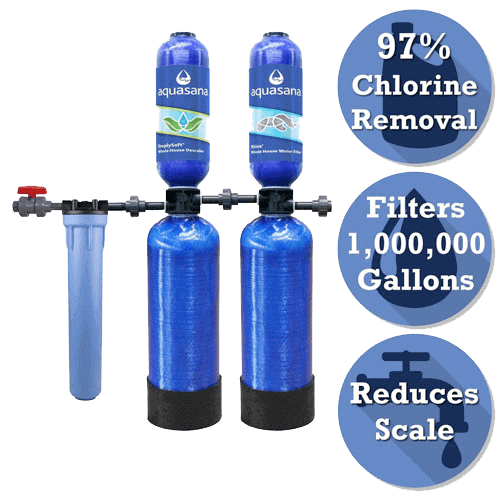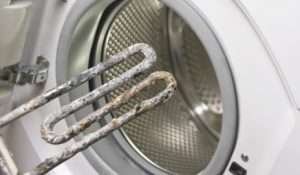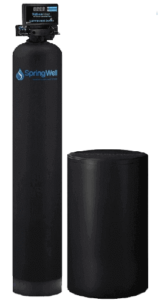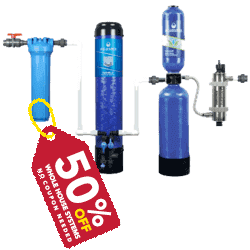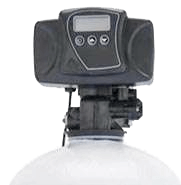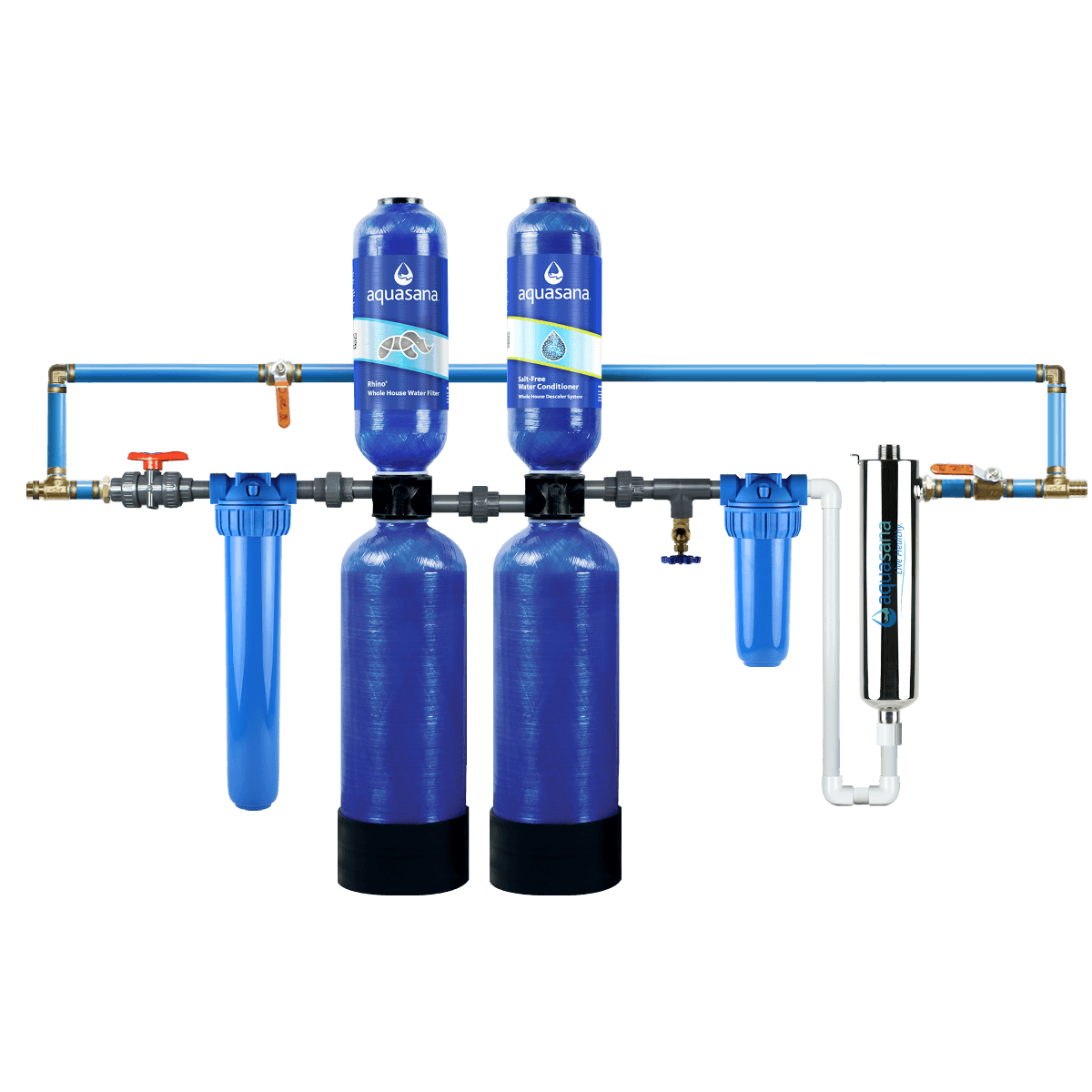- Home
- Health
- Water Softener Guide
- Water Treatment
Private Sewers & Septic Systems
- About Private Sewers Sysytem And Septic Systems
- Lateral Root Notification Program
- Fats, Oil & Grease
- Spills & Black Water Valves
- Help Protect The Enviroment
- Septic Systems
- About
Water Softener Buyer's Guide: What You Need to Know
When faced with the challenge of hard water in your home, it’s crucial to have an understanding of water softeners – what they are, how they work, and which one is right for you. Here’s a guide to help you make an informed decision.
What is a Water Softener?
A water softener is a household device that removes hard minerals, mainly calcium and magnesium, from your water, turning it “soft”. The hardness in water can lead to problems like limescale buildup in pipes and appliances and make it difficult for soap to lather, impacting the cleanliness of your hair, skin, and clothes.
How Do Water Softeners Work?
These devices operate by trapping hard minerals through a process called ion-exchange. As water flows through the softener, hard minerals are captured and exchanged with sodium ions, effectively softening the water.
Types of Water Softeners
- Electronic Water Systems: These use electrical cables to alter the charge of hard mineral ions, preventing them from adhering to pipes and fixtures.
- Magnetic Water Systems: Utilize magnets attached to pipes to interfere with the charge of hard minerals, achieving similar results as electronic systems.
- Salt-Free Water Systems: Condition and descale water rather than softening it, making it a suitable option for those wanting to avoid salt.
Are Water Softeners Worth It?
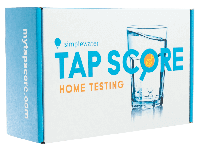 If you’re grappling with the issues caused by hard water, such as limescale buildup, skin and hair dryness, or unpleasant taste and smell of tap water, a water softener can be a valuable investment. It can enhance your quality of life and health while saving money on maintenance and appliance replacement.
If you’re grappling with the issues caused by hard water, such as limescale buildup, skin and hair dryness, or unpleasant taste and smell of tap water, a water softener can be a valuable investment. It can enhance your quality of life and health while saving money on maintenance and appliance replacement.
Benefits of Soft Water
Choosing a Timer-Based Water Softener
Sizing Your Water Softener
The size of the water softener you need depends on your household’s daily water consumption and the hardness level of your tap water. Gathering this information will allow you to calculate the daily hardness removal requirements and choose a softener of the appropriate size.
Key Steps to Take Before Purchasing a Water Softener
When considering a water softener for your home, it’s essential to make informed decisions. This includes understanding the level of water hardness in your area and choosing a system that aligns with your specific needs and space. Below are some key steps and considerations to ensure that you make a wise investment.
1. Check for Certification:
Ensure that the water softener you’re considering is certified according to the NSF/ANSI 44 performance standard. This certification is a testament to the system’s effectiveness and efficiency in removing water hardness while conserving salt, water, and energy.
2. Inquire About Performance:
Compare different models based on their compliance with the performance standard. The saline efficiency information should be readily available with the device, in the user’s manual, or online. This will give insights into the system’s ability to deliver soft water efficiently.
Common Mistakes to Avoid
Overpowered Systems:
One common mistake is investing in a system that’s too powerful for your needs. Ensure the capacity of the water softener matches your household’s water usage. Avoid overspending on overly robust systems that exceed your requirements.
Space Consideration:
Consider the space where the system will be installed. It should be within reach of plumbing and pipes and be situated in a stable temperature environment. Adequate space should also be available for maintenance and cleaning.
Misidentifying Needs:
Distinguish between the need for a water softener and a water filter. Conduct comprehensive water tests to determine the hardness level and check for contaminants. This will guide your choice between a water softening system and a filtration unit.
Choosing the Right Water Softener: A Closer Look at Top Models
When deciding on a water softener, reading reviews and comparing features is essential to making an informed choice tailored to your needs. Here’s an analysis of three popular models and their benefits.
1. Pelican Softener and Whole House Filter System:
- Digital Control Valve: Allows customization of the regeneration cycle, enhancing efficiency and saving on water and electricity.
- Flexibility: Can be adjusted to cater to various household sizes and water usage patterns.
- – Comprehensive Filtration: In addition to softening water, it also filters contaminants ranging from dust and sand to industrial solvents and pesticides.
- Capacity: Suitable for 1-3 bathrooms, making it ideal for medium-sized households.
- Price: Positioned in the higher price segment.
2. Aquasana Salt-Free Water Softener and Whole House Filter System:
- Digital Control Valve: Allows customization of the regeneration cycle, enhancing efficiency and saving on water and electricity.
- Flexibility: Can be adjusted to cater to various household sizes and water usage patterns.
- – Comprehensive Filtration: In addition to softening water, it also filters contaminants ranging from dust and sand to industrial solvents and pesticides.
- Capacity: Suitable for 1-3 bathrooms, making it ideal for medium-sized households.
- Price: Positioned in the higher price segment.
3. FilterSmart Whole House Water Systems for Tap and Well Water:
- Low Maintenance: Almost maintenance-free operation, enhancing convenience.
- High Capacity: Offers a remarkable 1,000,000-gallon water capacity, suitable for extensive use.
- Chemical-Free Treatment: Filters and softens water without using salt, a more environmentally friendly option.
- Price: Mid-range, offering a balance of cost and features.
Making the Decision:
Considering your specific water hardness level, household size, and preferences for maintenance can guide your decision.
Hard Water Levels:
- Extremely Hard Water: Salt-based softeners are often necessary to effectively treat very hard water.
- Moderately Hard Water: For water hardness up to 25 ppm, salt-free softeners like Aquasana can be an efficient and cost-effective option.
Final Thoughts
Investing in a water treatment system is a significant decision. Beyond the initial cost, consider the maintenance, operation costs, and the system’s effectiveness in addressing your specific water quality issues. Personalized needs and circumstances should always be at the forefront of the decision-making process to ensure optimal water quality and overall satisfaction with the chosen solution.




